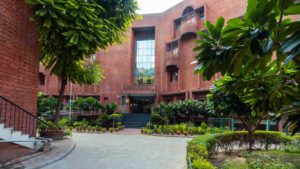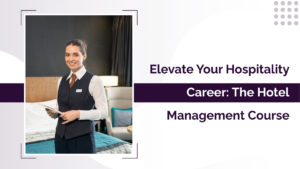Most parents want their children to learn academic topics and proper self-care. For instance, during their early formative years, up to the age of five, you help your children brush their teeth. This helps them learn to brush for two minutes twice per day for healthy teeth and gums. You might check on them while they brush until they reach the age of eight years old, but let them finish the task alone. Let’s take a look at the many benefits of private schools for children.
Children Learn Better With Individualized Instruction
Individualized instruction can help a child learn better and more quickly. For this reason, some parents turn to private schools for their child’s education. Although public schools prove ubiquitous, private schools comprise 25% of educational institutions. Most private schools, 87%, admit less than 300 students. Their teachers dedicate themselves to their topic and to the students they teach. Many of these teachers work with the co-curricular programs offered by the school, engaging with students outside of the classroom.
Safety and Security
Although no school system remains bully-free, many private schools enforce strict rules. The more secure environment provides a better learning environment. Small class sizes make it easier for teachers to monitor student behavior.
A Positive Learning Environment
Private school students get excited about learning. They pursue knowledge by accessing books and learning websites from the school’s private library. Teachers encourage independent study through recommended reading and involvement in co-curricular activities.
Active Parenting and Academic Involvement
Parents become actively involved in their children’s learning. Private schools encourage parental involvement and active parenting, offering parent-teacher conferences, parental visit events, and other activities that make the parents an active part of their children’s educational journey.
Co-Curricular Activities
About 94% of the student body participates in a sport at some schools. Small student bodies and an encouragement to pursue outside interests afford students the opportunity to excel in sports through their school. School newspapers, yearbooks, science clubs, and other organizations round out their opportunities.
Scholarships and Grants for Tuition
Tuition doesn’t stop lower and middle-income children from attending private schools. About one-third of students attend private schools on scholarship or through another form of financial aid, such as a grant. Since some of these schools provide uniforms, children avoid the self-comparisons between themselves and other students. Every student wearing the exact same clothes avoids having comparisons.
High Admission Standards
Private educational institutions do have high admission standards. Children admitted to these schools typically score in the gifted to genius range on IQ tests administered in kindergarten. Unlike public schools, only one educational track, college preparatory, exists.
Niche Private Schools for Children With Special Needs
A niche private school specializes in an educational need. These private schools include schools for the blind, hearing impaired, and severely physically challenged. At these schools, students may reside on campus, living in dorms. Such a school provides medical care and learning opportunities to maximize the potential of each child.
Visit Private Schools for Your Child
Rather than pre-judge private schools based on TV shows or movies, research schools that serve your child’s needs and visit them in person. Private and public education has undergone a transformation since the 1970s and 1980s. Today’s schools put student success and overcoming learning obstacles first.





Be First to Comment